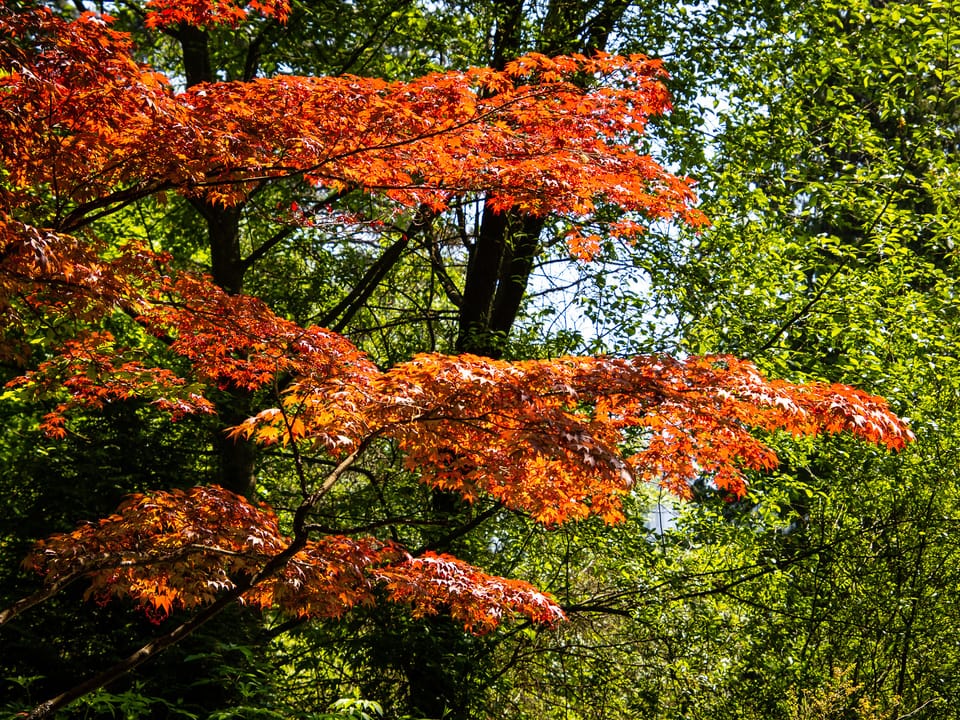EcoWest News, September 3, 2024

Welcome to EcoWest News, a weekly round-up of news and resources that you can put to use in addressing environmental issues and protecting the wild in your community.
Across the West
The Alberta premier’s plan to revive an open-pit coal mining project, which the majority of rural residents view as a threat to water security, has met a major legal hurdle. Ranchers and allies can now appeal the plan to mine sensitive areas. [The Tyee]
The new Churchill Marine Observatory will track water quality, marine mammals, contaminants, and oil spills as more shipping passes through Churchill’s deep-water port. [Global News]
Researchers are working with Prairie farmers to identify marginal lands that are currently farmed at a loss and are better suited to increasing biodiversity, sequestering carbon, and reducing emissions. [USask]
A BC Housing study has found that resilient, energy-efficient buildings can be built at or below the cost of lower performance buildings “when higher performance is considered by an experienced design team from the start of a project”. [BC Housing]
Across Canada
Bee City Canada supports municipalities, Indigenous communities, campuses, and schools that are taking action to protect and promote pollinators. [Bee City Canada]
Zooplankton are microscopic animals that live in lakes, some large rivers, and oceans. They are an important food source for fish, insect larvae, and aquatic birds and play a role in controlling algae blooms. They are threatened by salinization and an over-supply of phosphorus and nitrogen. [The Conversation]
Around the World
A 10,000-ton fully electric cargo ship sails weekly on the Yangtze River between Shanghai and Nanjing, while the world’s first self-propelled electric cargo ship, in operation since 2021, sails between a fertilizer plant and a Norwegian port. [Elektrek, Sustainable Ships]
More and more American states are passing right-to-repair laws. Will manufacturers comply? [Gizmodo]
Making a Difference
A burrowing owl that received a helping hand from the Wilder Institute’s head-start program has successfully migrated to Mexico, overwintered, and returned to nest in Alberta. “Migration to and from Mexico across the continental USA is a significant challenge for burrowing owls and many do not survive the trip.” [Wilder Institute]
It’s taken 50 years, but Guichon Creek in Burnaby, BC, is a restoration success story. [Rewilding]
Jeroen Helmer, ARK Rewilding Netherlands, uses illustrations to show how rewilding works and how keystone species interact with other species. He says, “I’d like to think my illustrations allow people to grasp how nature works in just a few minutes.” Many of his illustrations can be downloaded for free. [Rewilding Danube Delta]
DIY
Installing solar panels on your home is good for the environment. The financial benefits are less clear due to up-front costs and how utilities ‘pay’ for solar power but is worth looking into as prices have gone down. [CBC]
Nature’s Wonders
Take advantage of the newly reopened Boundary Bog trail in Prince Albert National Park, SK, to explore the mosses and other rare plants that thrive in the moist bog and fen environment. [Photo Journeys]
15 fabulous photographs of trees, from mushroom-shaped dragon blood trees to Joshua, aspen, and palm trees [Smithsonian Magazine]
From fungi and spiders to caribou and trumpeter swans: Canadian Wildlife Photography award winners [Canadian Geographic]
Photo credit: https://www.flickr.com/photos/apmckinlay/30877350927
EcoFriendly West informs and encourages initiatives that support Western Canada’s natural environment through its online publication and the Nature Companion website/app. Like us on Facebook, follow us on Twitter or Mastodon, or subscribe by email.

Member discussion